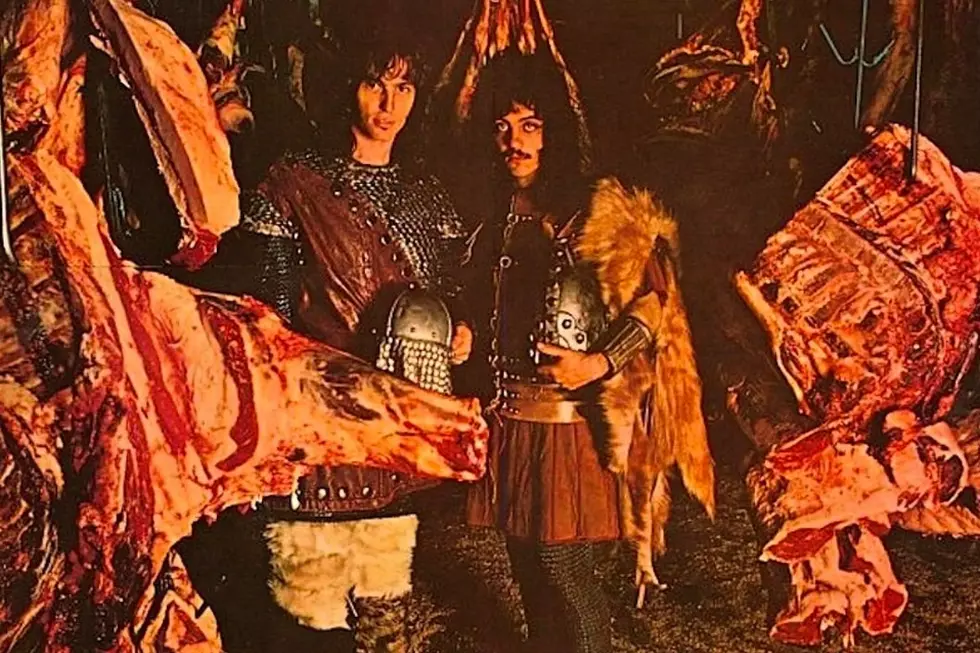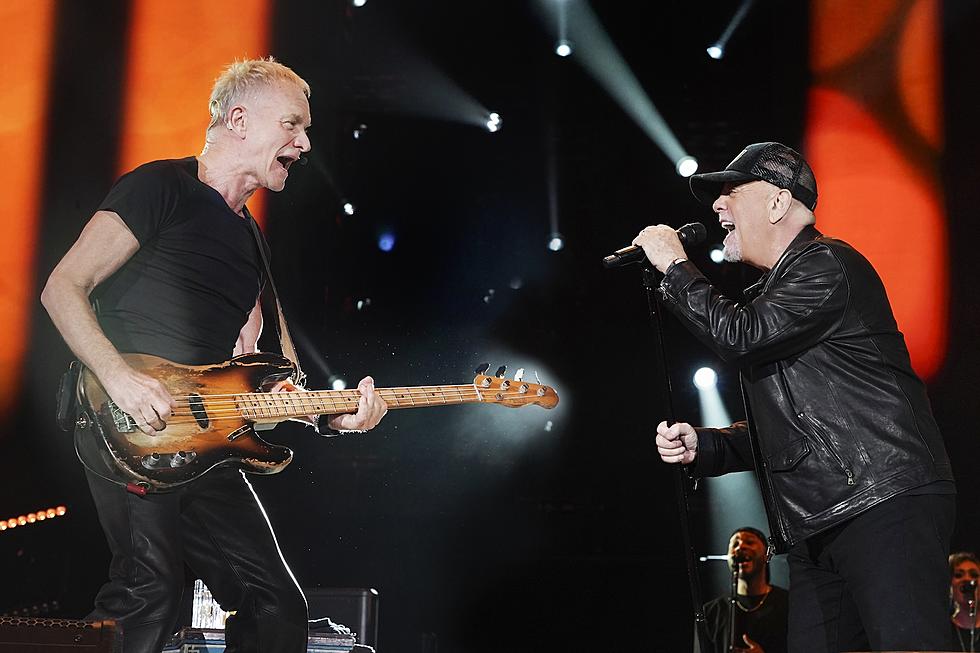
50 Years Ago: Billy Joel Goes Heavy Metal With Attila
Hard rock and metal were hot in 1970. Spurred by the groundbreaking success of Led Zeppelin the year before and the rise of gloomy upstarts Black Sabbath and a rejuvenated Deep Purple, it seemed like a bunch of heavy new bands were itching to be heard.
The music was so hot at the dawn of the decade that artists everywhere wanted in on the action, even a struggling singer-songwriter from Long Island named Billy Joel, who swapped his classical piano for a Hammond B-3 organ and formed the short-lived proto-metal duo Attila with drummer John Small.
The two young musicians had been playing together since 1967 in a local psychedelic group, the Hassles, but after a pair of unsuccessful albums, Joel and Small reinvented themselves in 1969. (The Hassles' bassist, Howard Blauvelt, would reemerge a few years later in the band Ram Jam, best known for its 1977 hit "Black Betty.")
But first they had to overcome their lack of a metal staple, the electric guitar, by plugging Joel’s organ into a Marshall stack and loading it with distortion to make it roar just like a Gibson Les Paul (or so they hoped) while Joel also handled bass parts and lead vocals in a familiar setup for the time.
As Joel confirmed in a 1985 interview, “We were heavy metal, we were going to destroy the world with amplification. ... We had about a dozen gigs and nobody could stay in the room when we were playing. It was too loud. We drove people literally out of clubs.”
Listen to Attila's Album
Epic Records -- home to Jeff Beck, Sly and the Family Stone and other music greats -- nevertheless decided to sign them. Armed with a contract, Atilla recorded out some of their most forceful material, including “Wonder Woman,” “Revenge is Sweet,” “Tear This Castle Down” and “Brain Invasion,” all of it boasting frantic keyboard work and notably histrionic vocals by Joel.
Other tracks, like the funky “California Flash” and the breathless mess “Rollin’ Home,” didn’t exactly toe Attila’s self-professed proto-metal direction. And then there's the nearly eight-minute instrumental “Amplifier Fire,” where Joel and Small are heard in the throes of a full-fledged jazz-rock freak-out spread over two parts subtitled “Godzilla” and “March of the Huns.”
The duo’s transformation to metal savages was completed by the album's cover photo, which shows the long-haired Joel and Small dressed in barbarian invader garb and posing in what appears to be a slaughterhouse meat locker.
All these factors, along with widespread indifference and outright scorn from rock press, rendered Attila’s self-titled debut pretty much dead on arrival when it landed in stores in late July 1970. Joel and Small’s partnership soon disintegrated after Joel began an affair with Small's wife, whom he eventually married, and then embarked on a solo career in 1971 with Cold Spring Harbor.
Still, for all its faults, Atilla's sole album isn't the worst LP ever made, even if Joel himself hasn’t done much to dispel that notion with generally negative recollections of his brief foray into heavy rock.
Billy Joel Albums Ranked
More From Ultimate Classic Rock









